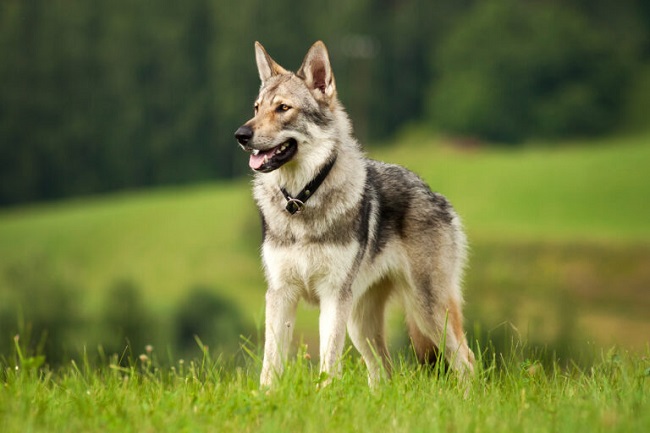In an era where the domestication of unusual and exotic pets is becoming increasingly common, the question “Can you have a Wolf As a Pet?” is one that has sparked much debate and interest.
However, while the idea of having a Wolf As a Pet might seem intriguing, the realities of it are far more complex. This article explores the challenges, potential risks, and legal implications associated with owning a wolf.

Understanding Wolves: Wild Animals, Not Domesticated Pets
To address the question at hand, it’s crucial to understand that wolves are wild animals, not domesticated pets. While dogs share a common ancestry with wolves, thousands of years of selective breeding have significantly differentiated the two species.
Read Also:
Wolves have strong predatory instincts, are much larger, and need considerably more space to roam and exercise than domestic dogs. They are independent, wary of humans, and can be unpredictable, making them unsuitable for a domestic setting.
Legal Implications of Owning a Wolf
Keeping a Wolf As a Pet is not just about being able to manage and care for the animal – it also has legal implications. In many places, owning a wolf or a wolf-dog hybrid is illegal.
Even where it’s not explicitly outlawed, regulations and permits are often required. Breaching these laws can lead to hefty fines, confiscation of the animal, or even jail time.
Risks and Challenges Associated With Owning Wolves
Even if legally allowed, owning a wolf poses a series of challenges and risks. Wolves require large territories and a high level of physical activity. An enclosed backyard won’t suffice for these animals; they need acres of land to roam freely.
Wolves also have a complex social structure. In the wild, they live in packs and have established hierarchies. Lone wolves can experience severe anxiety and depression.
Another challenge is diet. Wolves are carnivorous and require a diet of raw meat, which can be expensive and difficult to manage.
Most importantly, safety is a serious concern. Wolves are powerful animals with strong instincts. Despite the best efforts to train and socialize them, wolves can be unpredictable and may pose a threat to humans, especially children, and other pets.
The Ethical Considerations
From an ethical perspective, keeping a Wolf As a Pet can be seen as a form of animal cruelty. Wolves are wild creatures that belong in the wild. Placing them in a domestic environment can lead to a life of stress, confusion, and frustration.
Wolves also breed prolifically and without control mechanisms in place, this could potentially lead to overpopulation and associated problems.
Read Also:
Conclusion
While the concept of owning a Wolf As a Pet may seem intriguing, the reality is far more complex. Wolves are wild animals with specific needs that are difficult to meet in a domestic environment.
They’re not only challenging and dangerous to manage, but there are also significant ethical and legal implications involved.
Before considering a wolf or any other wild animal as a pet, it’s essential to understand these realities and make responsible decisions that are in the best interest of the animal and your safety.
























